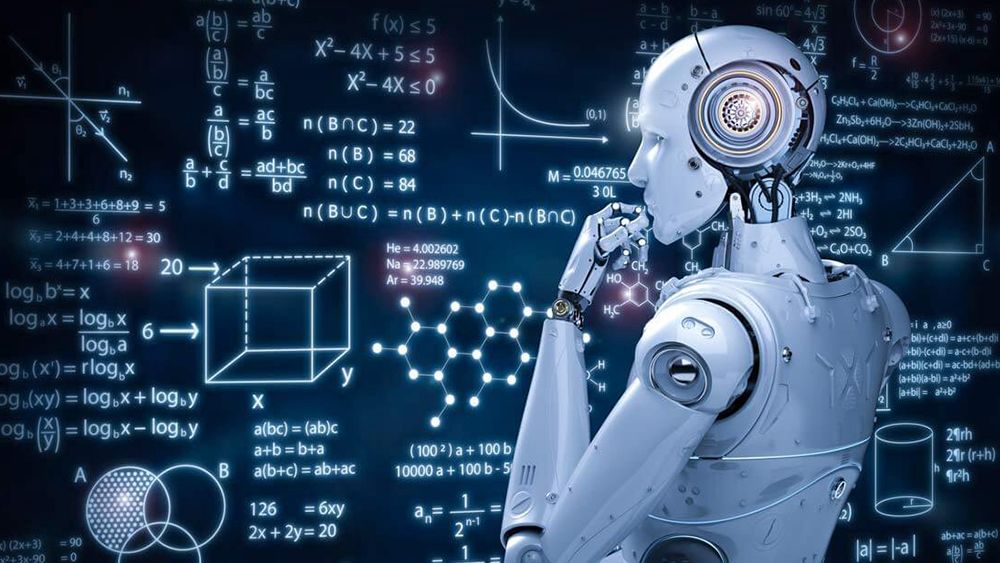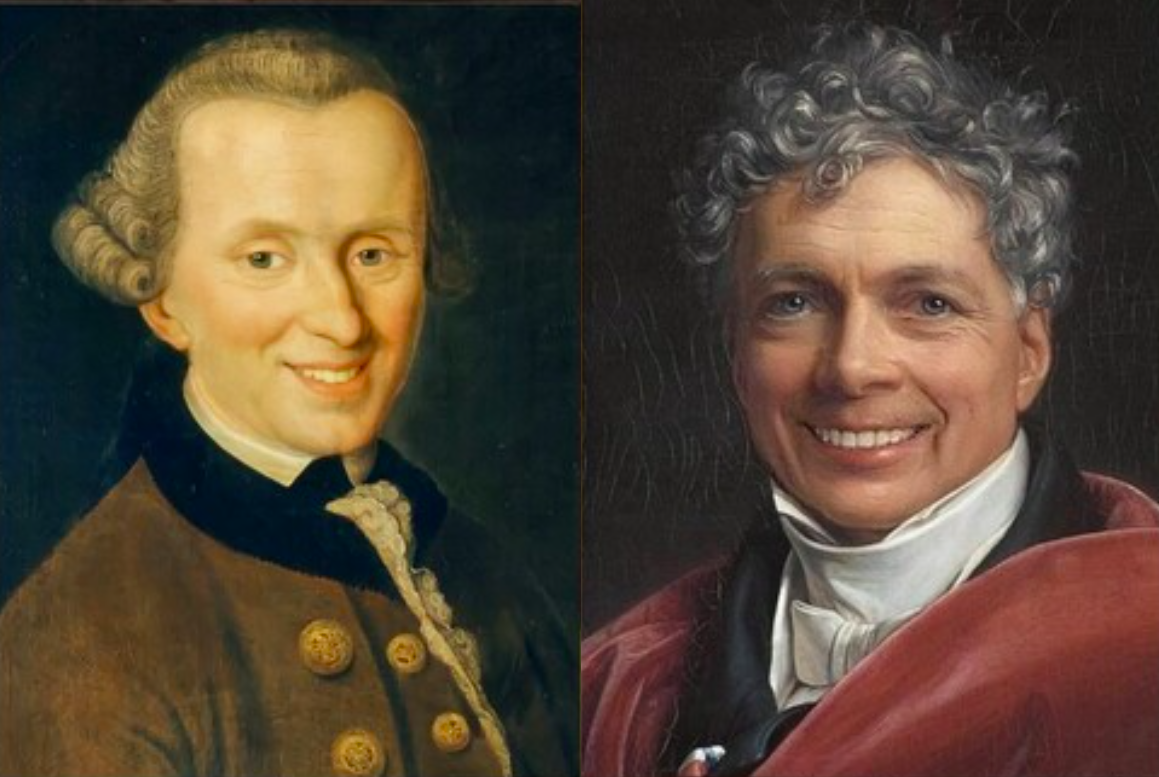Siyu Yao
姚思羽
I am a Ph.D. student in the Department of History and Philosophy of Science, Indiana University Bloomington (HPS at IUB). My major is philosophy of science, with a minor in cognitive science (CogSci at IUB).
At the intersection of philosophy, science, and history, I find my interest in a variety of topics. These include general philosophy of science (inference, evidence, scientific explanation, and scientific methodology), philosophy of special sciences (machine learning, cognitive science, astronomy, and historical sciences), intellectual history of science (19th-century natural philosophy, matter theory, mechanism vs dynamicism), and continental philosophy (German Idealism, phenomenology). I especially love to study how traditional philosophical concepts and questions shape the development of scientific theories and practices, and how scientific progress conversely gives new meanings to them.
Outside of academia, I am a serious Kendo practitioner. I started it in high school and obtained 4th Dan in 2019. I spend my spare time in continental philosophy, line drawing, cooking, and playing the piano, especially the keyboard part of violin sonatas with my partner. Recently I’m also learning to snowboard.
Research:
Epistemological issues of machine learning:

Machine learning with artificial neural networks (ANNs) has become an essential part of many scientific inquiries, promoting novel discoveries. Recent developments in explainable artificial intelligence (XAI) present ways to “open the black box” of ANNs and illuminate how they achieve their strong performance. This is expected to aid the application of machine learning by overcoming potential dangers of opaque statistical inferences and automated reasoning, building trust over artifical intelligence, and revealing novel correlations or even causal mechanisms in the target domain. Our study answers whether these expectations can really be met, to what extent the use of ANNs and XAI extends our epistemic power at the frontier of scientific inquiries, and where their limitations lie. (Work with Prof. Amit Hagar) preprint
In another work in progress, I examine the promises and challenges of the current XAI project, focusing on multiple types of considerations underlying algorithm development and application. The status quo of XAI is that there is a proliferation of network interpretation strategies without agreed-upon standards. I explain why it is hard to break away from this status quo by identifying a more sophisticated version of experimenters’ regress in the design and application of XAI algorithms. I point out that the validity of interpretation strategies and the correctness of black-box models cannot be secured without assuming the other, leading to a regress that undermines the possibility of finding a universal standard for evaluating interpretation strategies. This problem thus complicates the application of the XAI strategies in different scientific or practical contexts that involve divergent datasets, machine learning models, and varying purposes of using machine learning. I draw lessons from existing philosophical literature of the experimenters’ regress and provide prognosis and prescriptions for the future direction of XAI.
Historical inferences in astronomy:

Acquiring knowledge about the deep past is difficult. Philosophers have been studying the special inferential patterns and strategies used in historical sciences, as well as how their validity and credibility are warranted. Recent practices in astronomy share many features with other historical sciences. I analyze those astronomical practices in light of the philosophical discussions surrounding the epistemology and methodology of historical sciences. This not only provides a more sufficient description of astronomical practices, but it also highlights a more nuanced notion of historical evidence (“trace”) that has not been fully addressed by other philosophers. published work (open access)
Mechanism and mechanistic explanation in cognitive science:
Mechanism and mechanistic explanation have been in the horizon of science since ancient times. They have been continuously challenged, reshaped, and re-popularized with development of science. The prevalence of dynamical theory and network science in cognitive science reinvigorates the debate surrounding the definition, explanatory power, and heuristic utility of the notion of a mechanism. I am currently researching into the standard of calling something a mechanism, as well as its gain and loss in ontological, explanatory, and heuristic aspects.
Master thesis:
Kant and F.W.J Schelling’s dynamic Naturphilosophie:

Initiated by Leibniz, inherited and developed by Kant, Schelling, and other Naturphilosophen, dynamics forms a philosophical tradition about nature alternative to mechanistic philosophy, constituting an important part of the intellectual history of science in 18-19th century Europe. Kant and Schelling’s thoughts about dynamics are crucial parts of this tradition, but there are significant differences between them. These differences relate to the remaining problems of Kant’s dynamics and and how Schelling recognizes, analyzes, and tentatively surmounts those problems. I study Schelling’s critique and development of Kant’s theory of dynamics, clarify their theories and how they relate to each other, present the conceptual tension internal to the concepts of force and matter, and situate the trend of thought in a larger background of the development of natural sciences.
Education:
Indiana University Bloomington
Department of History and Philosophy of Science and Medicine (HPS)
2019-now, Ph.D., Philosophy of Science (minor in Cognitive Science)
2019-2022, M.A., Philosophy of Science

Peking University (北京大学)
Department of Philosophy and Religious Studies
2016-2019, M.A., Philosophy of Science
Mentor: Prof. Yongping Sun (孙永平)
College of Chemistry and Molecular Engineering(CCME)
2012-2016, B.Sc., Chemistry

Contacts
siyuyao@iu.edu
+1 812 606 3983
Ballantine Hall 916
1020 East Kirkwood Avenue, Indiana University
Bloomington, IN 47405, USA